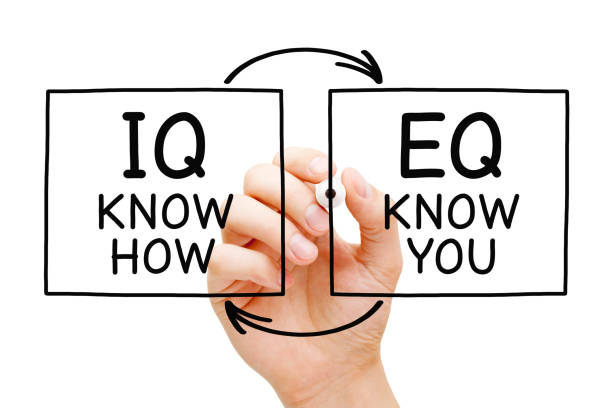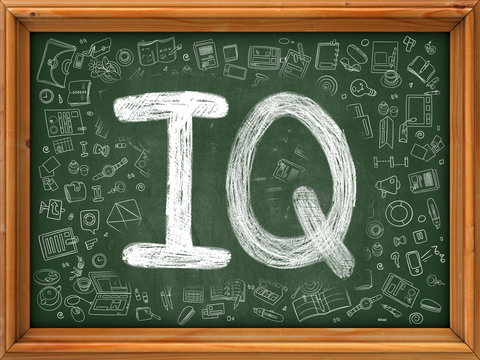Cognitive Enhancement Through Brain Training and Mental Exercises
Neuroplasticity research has demonstrated that the human brain remains adaptable throughout life, capable of forming new neural connections and strengthening existing ones. This scientific understanding has led to the development of targeted brain training programs designed to enhance specific cognitive functions such as working memory, attention span, and processing speed.
Effective cognitive enhancement involves a combination of challenging mental exercises, lifestyle modifications, and consistent practice. Activities like solving complex puzzles, learning new languages, playing strategic games, and engaging in creative pursuits all contribute to maintaining and improving cognitive function. Regular physical exercise, adequate sleep, and proper nutrition also play crucial roles in optimizing brain performance.
Research indicates that individuals who engage in regular cognitive training show measurable improvements in memory retention, problem-solving abilities, and mental flexibility. These benefits extend beyond the training tasks themselves, often transferring to real-world situations and contributing to overall quality of life and professional success.


